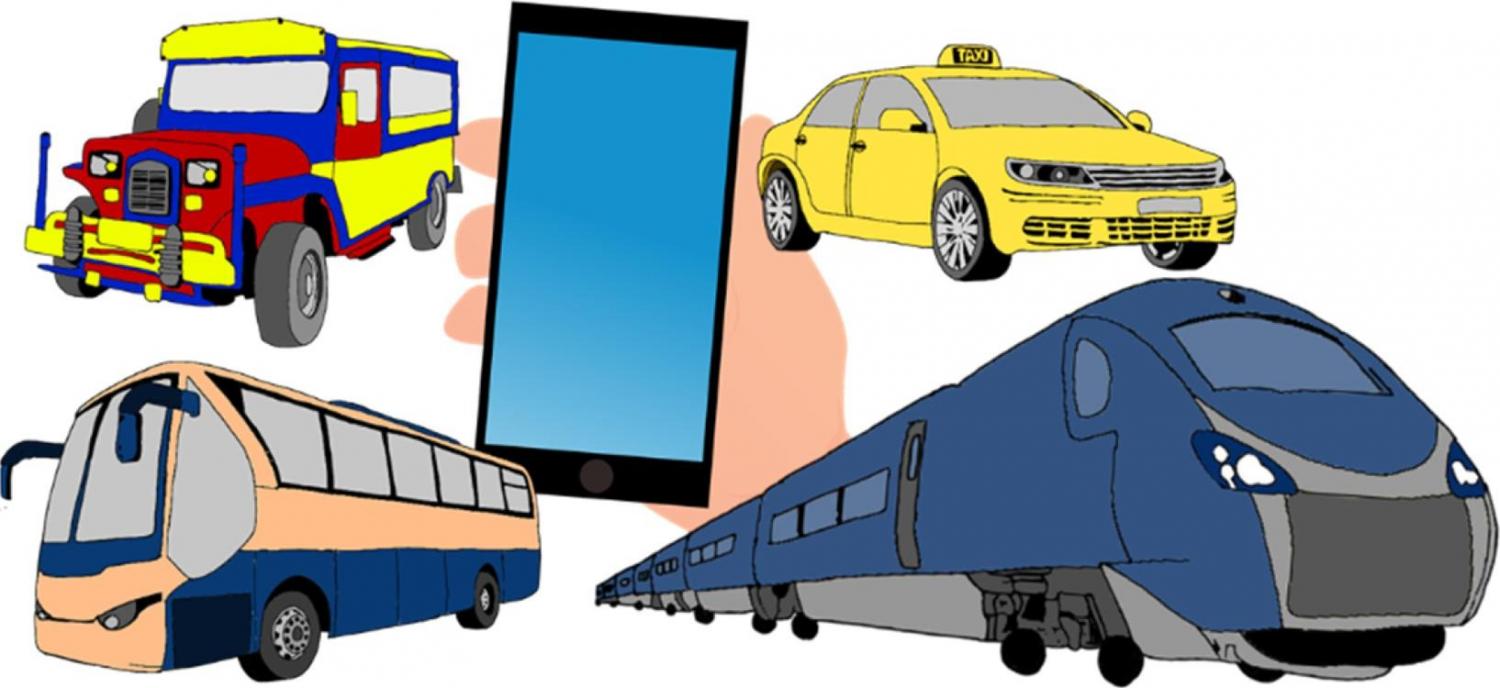
Elsevier, Transportation Research Part A: Policy and Practice, Volume 155, January 2022
Mobility as a Service (MaaS) is a recent concept that is gaining momentum in both the scientific world and the private sector. First studies and field trials – essentially conducted in developed countries – suggest that MaaS can influence people's mobility behavior and create more efficient and sustainable transport systems for the future. We intend to contribute to the existing knowledge about MaaS by extending the scope to the context of developing countries where MaaS could be a potential strategy to address existing transport problems. Our case study focuses on Metro Manila (Philippines), an emerging Asian megacity. We analyzed its citizens’ (N = 238) readiness for and attitude towards MaaS, and how a MaaS-system could influence users’ mobility behavior. Considering mobility-related and socio-demographic characteristics, our statistical models give preliminary insights about the potential MaaS users and how a MaaS system would create value for them. While the vast majority (84%) of respondents stated they were likely to use a MaaS app, the main reasons for adoption appear to be reliability and cost savings. In addition, we found evidence that MaaS could shift users’ mobility behavior towards more sustainable transport modes (i.e., from private and low-capacity modes towards public transport). Policy implications and future research paths for MaaS in developing countries are also discussed. Considering the novelty and complexity of this research area, we call for additional research in this field.
